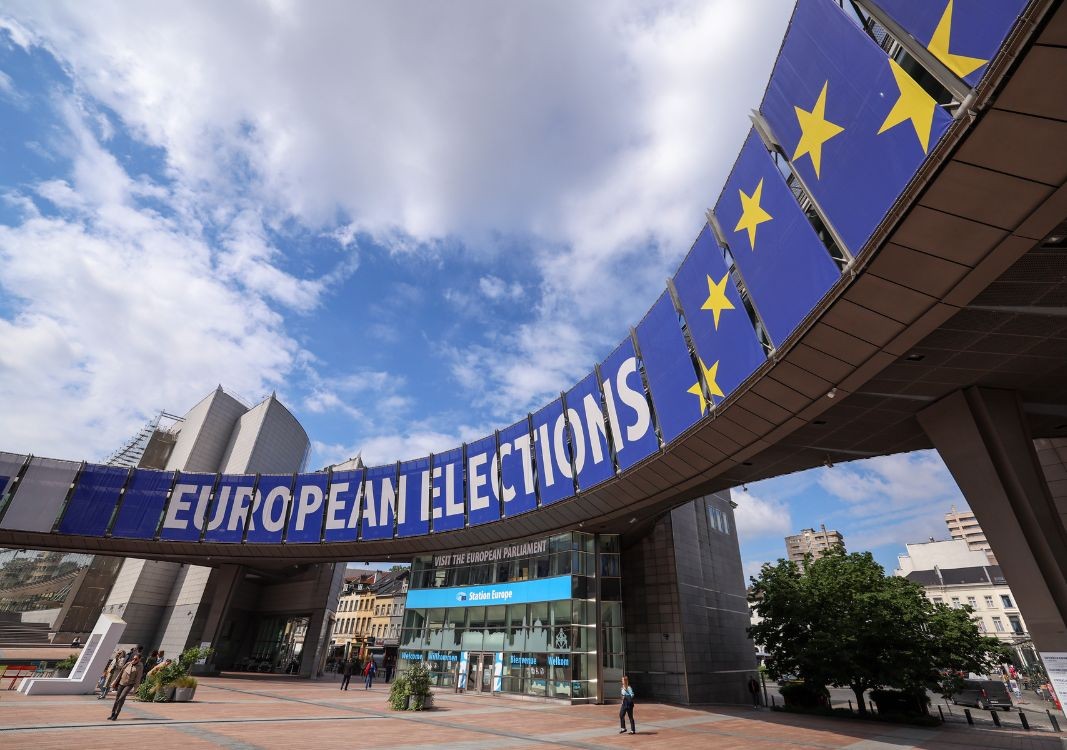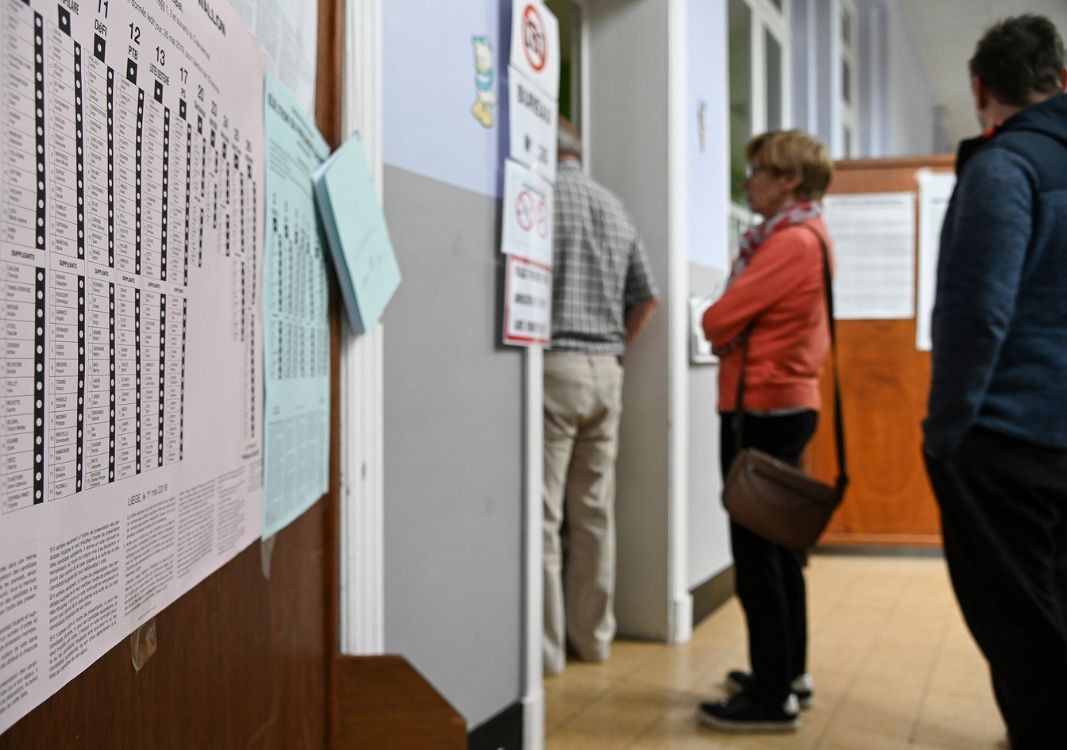Bulgaria has been a member of the EU since 1 January 2007. However, Bulgaria had representatives in the European Parliament before its official membership. In 2005, the National Assembly elected 18 Bulgarian MPs who had the status of Euro observers. Until Bulgaria's EU membership, they were entitled to participate in all the meetings of the European Parliament - political groups, committees and plenary, but without the right to vote. They could also make speeches at all but plenary sittings.

In the EU's 720-seat parliament, Bulgaria keeps the number of its representatives - 17. 31 Bulgarian parties and coalitions have nominated candidates. Voting in Bulgaria is compulsory by law, is carried out in person by the voter and constitutes the performance of his or her civic duty.



On 9 June, Bulgaria holds 2-in-1 elections - for members of the national parliament and MEPs. In this regard, we should remind that on election day in Bulgaria and in the EU Member States, Bulgarian voters have the right to vote in both elections. In non-EU countries, including the UK, only those Bulgarian nationals who choose to cast their vote at the polling stations open in the diplomatic and consular representations of Bulgaria are entitled to vote for the National Assembly and the European Parliament. In other places in the countries outside the Community, Bulgarian nationals can vote only for candidates for the 50th National Assembly.
Movement for Rights and Freedoms - New Beginning Leader Delyan Peevski spoke with Prime Minister Rosen Zhelyazkov on Monday, the party's press centre reported. "I reaffirmed my position of full support for the government as long as it works for the..
EU roaming fees to be eliminated for Albania and Montenegro Roaming charges between Albania and the EU will be completely eliminated in 2026, European Commission President Ursula von der Leyen said during her visit to..
Bulgaria’s Parliament failed to hold a session for the third consecutive day due to a lack of quorum. As a result, the scheduled parliamentary control, usually held every Friday, was also cancelled. Only 29 MPs from We Continue the Change –..
Movement for Rights and Freedoms - New Beginning Leader Delyan Peevski spoke with Prime Minister Rosen Zhelyazkov on Monday, the party's press centre..

+359 2 9336 661
